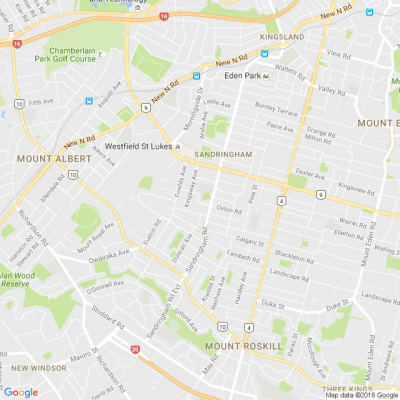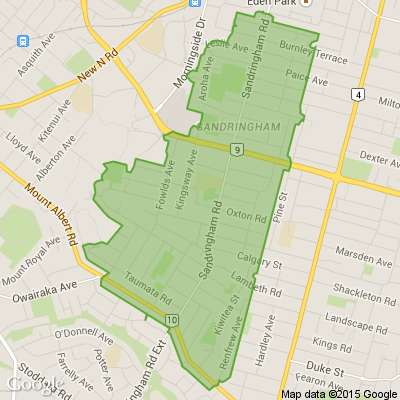BEWARE: Scammers impersonating Police taking advantage of vulnerable, older people
Police are aware of reports emerging overnight where people have received a phone call from someone claiming to be a Police officer.
The officer will claim to be from a particular department, tell you that you have been a victim of fraud or scam, and begin to try and obtain further financial information from you.
People have been directed to go to the bank and withdraw money for evidence of the scam.
This is a scam – no legitimate Police officer will ever ask you to hand over money for any reason.
Overnight we have had five instances of this being reported, people need to be vigilant.
Enquiries into reports of scams of a similar nature received last week remain ongoing.
We appreciate these scammers are convincing, but New Zealand Police will never contact you and ask you to withdraw money. New Zealand Police will also never contact people seeking their banking details, card numbers, PIN or passwords.
Older members of our community are being targeted and Police urge anyone with elderly or vulnerable relatives to make them aware this activity is a scam.
There are instances where legitimate Police officers will contact you as part of their duties.
Remember:
• Police will never ask for details about your bank cards, PIN or passwords over the phone.
• Trust your instincts.
• If something doesn't feel right, or is too good to be true, it probably is.
• If you are uncertain, ask for the officer’s details.
• Hang up, contact 105 and request the officer to contact you.
• Police aren’t in the business of offering prize money.
If you are in the unfortunate position of being a victim of a scam, please report the matter to Police.
Take the chance to upskill yourself on scam awareness, check for further information on the Netsafe website: netsafe.org.nz...

New BEGINNERS LINEDANCING CLASS
Epsom Methodist church
12 pah Rd GREENWOODS cnr. Epsom
Monday 9th February 7pm - 9pm
Tuesday 10th February 10am -11am
Just turn up on the day
Time to Tickle Your Thinker 🧠
If a zookeeper had 100 pairs of animals in her zoo, and two pairs of babies are born for each one of the original animals, then (sadly) 23 animals don’t survive, how many animals do you have left in total?
Do you think you know the answer? Simply 'Like' this post and we'll post the answer in the comments below at 2pm on the day!
Want to stop seeing these in your newsfeed? No worries! Simply head here and click once on the Following button.

Yes!!!! We are open today! Waitangi Day
Red Cross Shop Dominion Road.
Come and visit us today for plenty of lovely finds…. You’ll love our $2 rack.
We are open until 5pm….looking forward to seeing you soon!
184 Dominion Road 📍
Open 7 days a week 🗓️
Mon-Sun: 9am-5pm
Free 90min parking 🅿️







 Loading…
Loading…